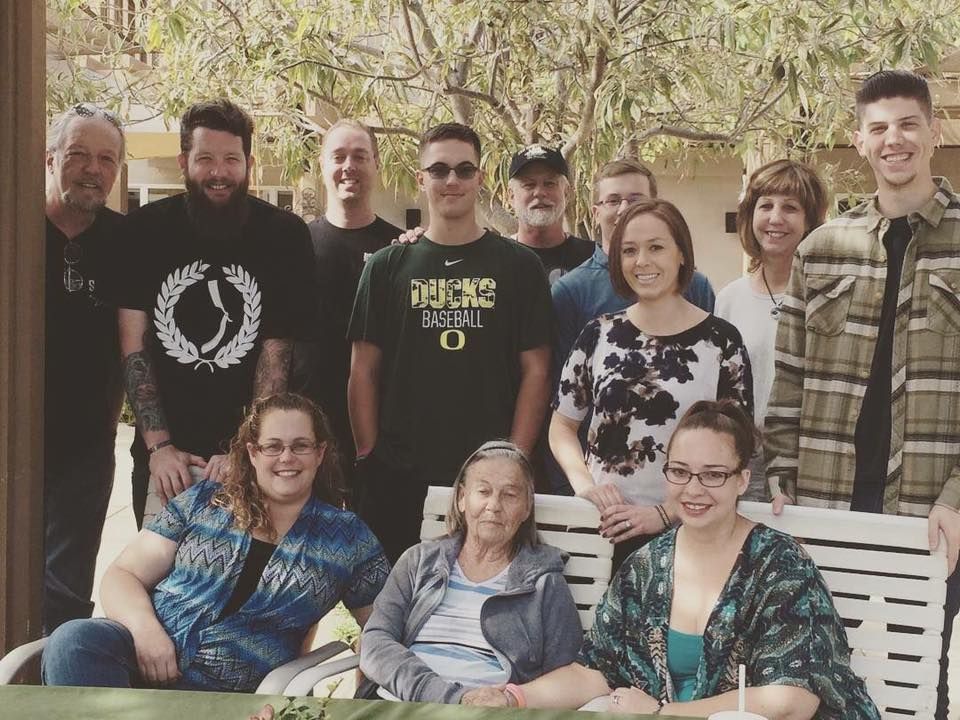
Understanding What Memory Care Is
As cognitive decline in a loved one progresses, many families face difficult decisions regarding the care of their loved ones. While in-home care is an option for some, others may find that a memory care community is better suited to meet the evolving needs of someone with dementia. Memory care communities are specialized residential settings that provide 24/7 care, safety, and support for individuals with Alzheimer’s and other forms of dementia.
The Benefits of Transitioning to Memory Care
Moving a loved one into a memory care community can be an emotional decision for everyone involved. There are, however, a variety of potential benefits. Many families report wishing they would have moved their loved one to a care community sooner.
Memory care offers a safe, structured, and supportive environment designed to meet the unique needs of those experiencing cognitive decline. Residents receive personalized care from trained staff who are available to them 24/7. Residents also benefit from cognitive stimulation, daily routines that reduce confusion, and a variety of activities that promote emotional well-being.
Memory care communities help to maintain quality of life and independence as much as possible by providing social opportunities, specialized therapies, and specialized medical care. For families, memory care communities can bring peace of mind. Family members can rest easier knowing their loved one is in expert hands. They can experience respite and support in the midst of the incredibly challenging journey of Alzheimer’s disease.
To approach this transition with sensitivity, it’s important to have open, honest conversations with all family members, including the loved one experiencing cognitive decline. All family members should be involved in the decision-making process. Choosing the right community is also a very important part of the process.
Signs It Might Be the Right Time for Memory Care
Caregiver burnout is one of the primary signs that it might be the right time to transition to memory care. Many family caregivers experience burnout as their loved ones’ care needs progressively increase. Additionally, increasing safety concerns and a decline in an individual’s ability to manage personal hygiene indicate that moving to a memory care community might be beneficial.
Changes in Behavior/Mood That Signal the Need for Memory Care
Certain changes in behavior can indicate that a transition to memory care might be beneficial. Some of these changes include increased aggression/agitation, social withdrawal and isolation, and increased confusion or disorientation.
Memory Care Community in Southern California
MesaView Senior Assisted Living in La Mesa, California, is a memory care community in Southern California. We understand that our residents’ holistic experience of life (social, spiritual, emotional, mental, physical) is vitally important. Research says one of the best things you can do to delay or slow the progression of Alzheimer’s disease or dementia is to keep your mind active. Our compassionate caregivers provide top-notch, individualized care to each of the members of our communities.
Holistic Approach to Memory Care
Memory care that takes a holistic approach engages a person on a physical, mental, emotional, and spiritual level. Providing an alternative to institutional care, MesaView’s beautiful rooms and inviting grounds evoke a homey feel, while still having enough space to accommodate specialized equipment for mobile care services. Our caregivers and staff are familiar with the providers and organizations that offer mobile care services for the elderly. We collaborate with them to make sure your loved one is comfortable and comprehensively cared for. Don’t hesitate to reach out and schedule a tour of MesaView today!




